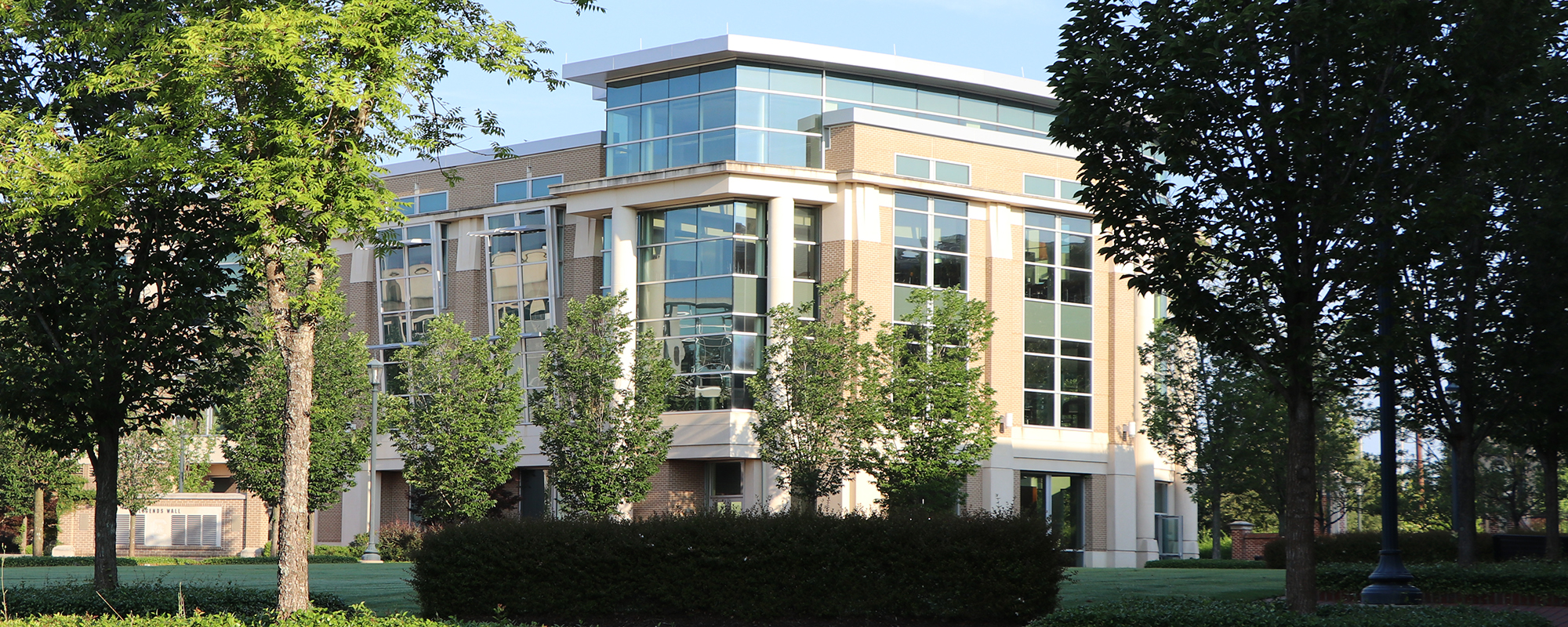Oct. 12, 2016

South Carolina student-athletes are working on a game plan for life after sports. The Gamecock Networking Seminar was held Monday night in The Zone at Williams-Brice Stadium. The annual event is required for all South Carolina senior student-athletes and gives them a chance to meet with professionals in their chosen field of study.
“We hope that they all meet someone who is related, or closely related, to what they want to do,” said Erica Nelson, Director of Life Skills and Community Outreach. “They also have the opportunity to meet somebody who might be a future employer.”
“I’m hoping to learn some networking skills, and get more comfortable in speaking to business professionals,” said Evelyn Robinson, a senior on the women’s soccer team. “I hope to get into financial consulting when I graduate. It’s kind of intimidating, so this is a comfortable environment that can help.”
“I would like to be a nutritionist, open up my own business and be a personal trainer,” said baseball’s Wil Crowe. “A big way to network and get a job is through this sort of in-person contact. This is a good opportunity for us to meet new people and get our name out there.”
Nearly 50 professionals representing 41 companies from all across South Carolina were on hand to speak with the 115 Gamecock senior student-athletes. Nelson reminded the student-athletes that it’s not always what you know, but also who you know.
“There’s an extension of that which says, ‘it’s also about who knows you.’ ” Nelson said.
The event kicked off with a panel discussion led by former South Carolina student-athletes Alex Stevens (women’s soccer, 2009-2012) Jewel May (women’s basketball, 2007-2011) and Seth Rose (men’s tennis, 1999-2003), who are now making a living outside of the playing arena. It was moderated by former football student-athlete Moe Brown (2006-2009), who came up with the idea to have this year’s panel consist of all former Gamecocks.
“I always think about what information I would have liked to have had when I was in their shoes that can help me go into a professional career,” said Brown, who is the president of the University of South Carolina Association of Lettermen. “Now that I’m six years out of school, I feel like I can offer an interesting perspective for them. It’s important to come back.”
We’re Gamecocks for life. Anything we can do to enlighten the next generation of Gamecocks, it is incumbent for us to do so.
Moe Brown, President, South Carolina Association of Lettermen
“The biggest thing I took from my time here, and what I want to relay to the (student-)athletes is that the discipline you learn here is going to help you in the long run,” said Stevens, who is a seventh grade teacher at Hand Middle School in Columbia. “When I was here, I was never starting, and I was always battling to see time on the field. That helped me in going through interviews, and when I’m at work and my principal is telling me how I need to do something differently. Instead of going in the corner and crying, you take it as constructive criticism. I also want them to enjoy every second that they are here, because it flies by.”
The former Gamecocks said it is easy to relate to the current student-athletes because they remember all of the questions they had when they were in the same position, and that utilizing the skills they learned on and off the field at South Carolina helped prepare them for life after sports.
“Not too many years ago, I was sitting in these same chairs,” May said. “I felt like this would be a good opportunity for me to tell them that I’ve been there. At this point when I was a senior, I don’t think I was afraid of finding a job yet, but that came a few months later. That’s why these events are important, so they can have the thoughts about looking for a job at the top of their brain rather than putting it off.”
“The biggest transition for me was using my time management skills with workouts, class, practice and lifting, and have that translate to the real world,” Stevens said. “So I still use that structure that I had as a division one athlete.”
The student-athletes were also told that just as they once used their talents to be recruited to play college sports, they must now use their other talents to help them to be recruited for life outside of sports. For the former Gamecocks in attendance, they’re happy in doing what they can to help the current student-athletes find their way.
“We’re Gamecocks for life,” Brown said. “Anything we can do to enlighten the next generation of Gamecocks, it is incumbent for us to do so.”












